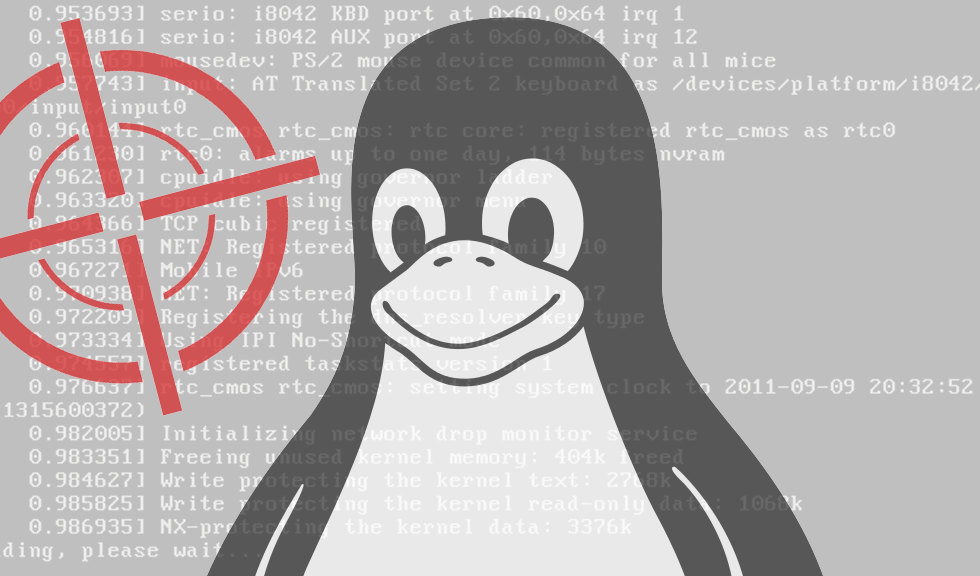In fact, anonymity has been one of the main draws of the Web from day one. Whether you’re watching videos, sending emails, or posting in a public forum, you can keep your real name and identity secret. On the Internet, you can’t trust that anyone actually is who they say they are.
Anonymity has a long and distinguished history, and online anonymity has held great benefits as well.
But, as anyone who has ever browsed YouTube comments has realized, anonymity can also bring out the worst in us. When there’s no fear of reprisal or consequence, many of us are quick to unleash our inner troll. Some have tried to fight this effect by requiring users to use their real names online, but their efforts for accountability have their own drawbacks, and anonymity remains a powerful allure of online interaction.
And that’s why tearing down a person’s anonymity has become one of the most powerful online weapons possible, and the only way you can really hurt someone who could be thousands of miles away.
The act of revealing identifying information about someone online — their real name, address, workplace, phone number, or other identifying information — is know as doxing (also spelled “doxxing”). The word evolved from the phrase “dropping dox;” hacker culture slang referring to revealing documents that identify a formerly anonymous person online.
Doxing can be easy if you know your way around a search engine, or more tricky if your target knows their stuff, too. And it can happen to anyone — just take a look at the many famous examples below.
If you value your anonymity online, and don’t want the people you interact with online suddenly knocking on your door IRL, check out the graphic below to find out how to protect yourself.
Download this infographic.
via studyweb.com
![Untitled266[1]](https://blog.iridiumintel.com/wp-content/uploads/2015/01/Untitled2661-1.jpg)


